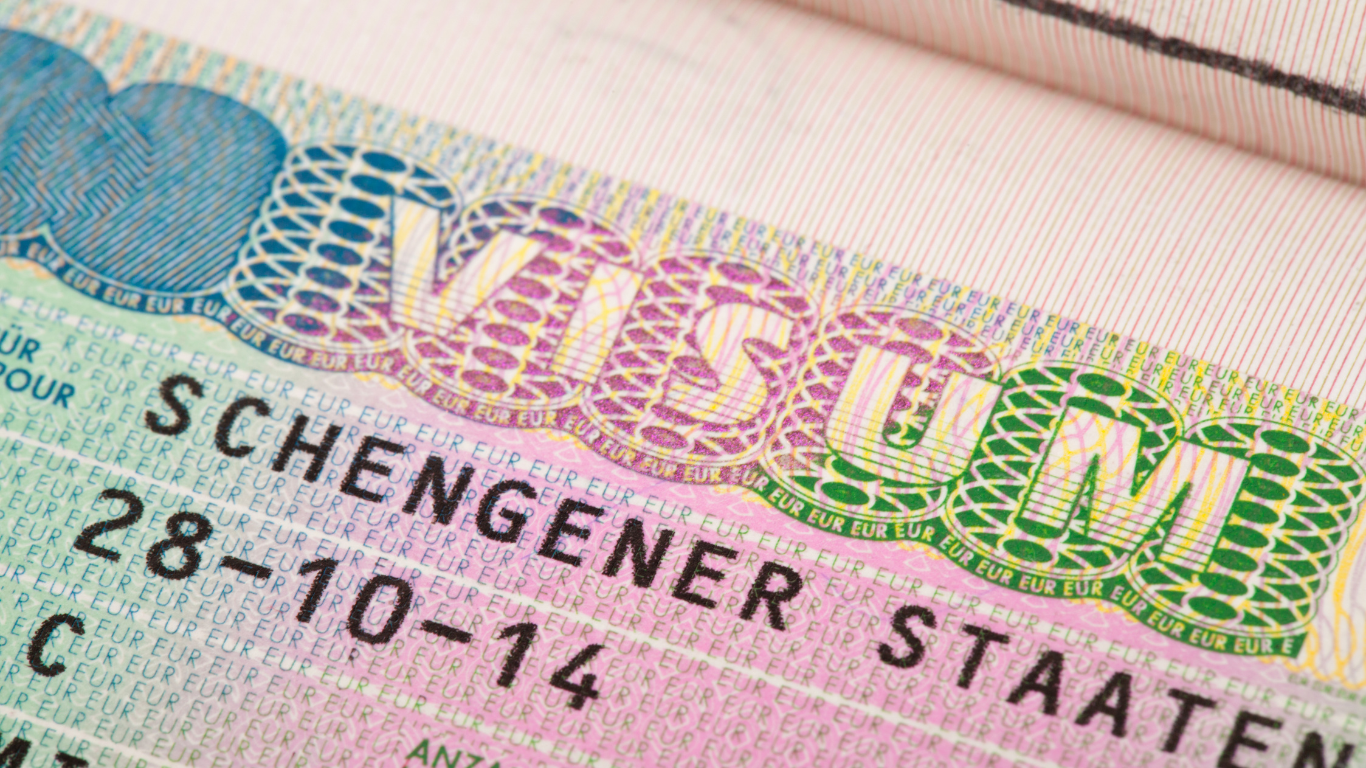In 2023, the European Union collected €3.4 million from rejected Schengen visa applications from Nigerian applicants. This statistic highlights the significant financial impact of Schengen visa rejection. It also sheds light on broader issues surrounding the visa application process.
The EU’s Schengen visa system, designed to facilitate travel within its member states, has become a significant financial burden for many applicants, particularly those from low and middle-income countries. Recent analysis reveals that European governments are amassing substantial revenue from rejected visa applications, a phenomenon that disproportionately affects African nations like Nigeria.
Bulgaria and Romania Join the Schengen Area… Read more
The Financial Impact of Visa Rejections
According to data compiled by Marta Foresti and Otho Mantegazza at LAGO Collective, the cost of Schengen visa rejections reached €130 million in 2023, up from €105 million in 2022. This upward trend is likely to continue as the visa application fee increases from €80 to €90 for adults starting June 11, 2024, following a decision by the EU Commission. The UK, similarly, collected £44 million (€50 million) in fees from rejected applications. This is according to EUobserver.
These fees are non-refundable, regardless of the outcome of the visa application. Applicants lose their initial application fee and incur additional costs such as travel expenses for interviews, legal advice, and services from private agencies that assist in the visa application process.
In 2023, 42,940 applications from Nigeria did not get approval, contributing to the €3.4 million in revenue for the EU. With a rejection rate of 63.1%, Nigerian applicants face a substantial financial burden without any assurance of success. For more detailed statistics, visit the Schengen Visa Info website.
Implications for Nigerian Travelers
The high rejection rate affects individual travellers, businesses and educational opportunities. Many Nigerians seeking to travel for tourism, work, or study face significant obstacles. The cost and uncertainty of the process can be discouraging and limit access to the opportunities available in the Schengen Area.
Nigeria is one of the countries heavily impacted by Schengen visa rejections. With rejection rates as high as 63.1%, many Nigerian applicants find their hopes of travelling to Europe dashed. This high Schengen visa rejection underscores a broader issue of “visa inequality,” where applicants from poorer countries face steeper limitations in obtaining visas than those from wealthier nations.
The Broader Consequences
The repercussions of high visa rejection rates extend beyond immediate financial losses. They include lost opportunities for business, education, and family reunification. For instance, Nigerian entrepreneurs looking to explore business opportunities in Europe may face setbacks that hinder their growth. Similarly, students aspiring to gain international education and exposure find their dreams delayed or shattered.
Moreover, the high rejection rates contribute to irregular migration. Frustrated by the formal process, many individuals resort to alternative, often perilous, means to reach Europe. The EU estimates that about half of all irregular migrants within its member states result from visa overstays. In 2023, over 83,000 people returned to countries outside the EU, with a return rate of 19%.
Political Implications and Visa Restrictions
Recently, the EU has increasingly used visa restrictions as a political tool. Under Article 25a of the 2019 visa code, the EU can impose visa restrictions on countries with low rates of migrant returns. For instance, in April 2023, the EU Council imposed sanctions on Ethiopia, including a ban on multiple-entry visas and removing visa fee exemptions for diplomatic and service passport holders. Conversely, Gambia no longer has visa restrictions after its migrant return rate improved from 14% in 2022 to 37% in 2023.
These measures illustrate a strategic use of visa policies to influence international cooperation on migration issues. While the EU has pledged to include legal pathways, student and work exchange programs, and other mechanisms in its trade deals with African states, recent economic support agreements with Tunisia, Mauritania, and Egypt, totalling over €8 billion, have primarily focused on tightening migration control.
Conclusion
The €3.4 million earned by the EU from rejected Schengen visa applications from Nigeria in 2023 underscores the need for a more transparent and fair visa application process. The rate of Schengen visa rejection, particularly for Nigerians, highlights a critical area of inequality and economic disparity. The non-refundable fees associated with these rejections place a significant financial burden on applicants from low and middle-income countries, creating a flow of funds from poorer to wealthier nations. Addressing this issue requires a more equitable visa process and greater transparency in visa policies.




Join the discussion 3 Comments